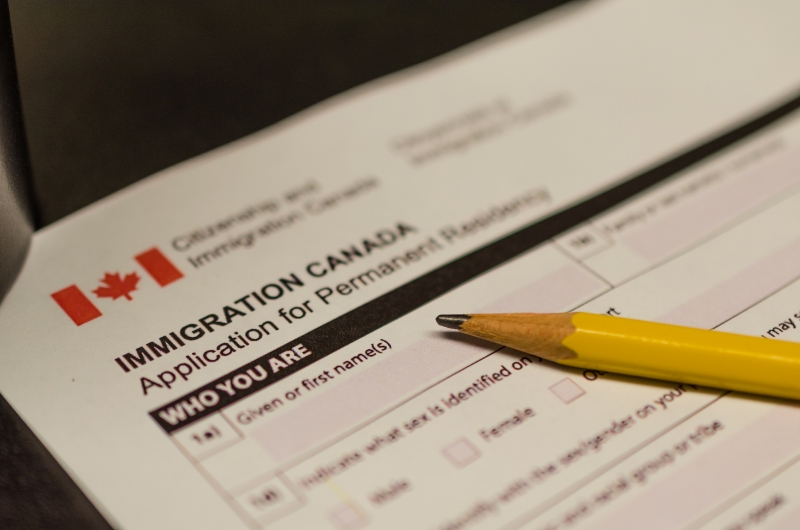Foreign Property Ownership In Canada: Prohibition of the Purchase of Residential Properties by Non-Canadians
As an active player in Ontario’s real estate market, the launch of the Prohibition of the Purchase of Residential Properties by Non-Canadians Act on January 1, 2023, might have you wondering about its impact. If your investments are deeply rooted in residential properties, the Act could cause a significant shift for you.
We’re committed to helping you understand the intricacies of the Act, define its potential implications for you, and guide you toward the best possible course of action for your investments. Under the Act, there is a general prohibition on non-Canadians from purchasing, both directly and indirectly, residential property in Canada for a period of two years. Here’s what that means:
What is classified as “Residential Property?”
For the purposes of the Act, residential property refers to any real property located within a census agglomeration or census metropolitan area that is a detached home or similar building containing more than three dwelling units, a semi-detached house, a rowhouse unit, a residential condominium unit, or other similar premises.
However, this definition does not include or prohibit a non-Canadian from purchasing or leasing property zoned for either residential or mixed-use if that property does not contain a detached house or similar building, containing no more than three dwelling units.
If you’re unsure if a property falls under a Census Metropolitan Area or Census Agglomeration, check out this resource.
Who is considered as a non-Canadian?
Under the Act, non-Canadians are defined as individuals who are neither citizens of Canada, permanent residents of Canada, nor persons registered under the Indian Act.
This definition also includes:
- Corporations not incorporated in Canada.
- Corporations that are incorporated in Canada but that are not controlled by a citizen of Canada, permanent resident, or a person registered under the Indian Act.
What are the exceptions?
Despite the general prohibition under the Act, certain exceptions apply.
- The Act only applies to non-Canadians who entered into an agreement of purchase and sale for residential property after January 1, 2023.
- It does not apply to refugees, work permit holders, and protected persons under the Immigration and Refugee Protection Act.
- The Act and its regulations do not prohibit the acquisition of property by non-Canadians resulting from death, divorce, separation, or gift, as they are not considered to be a “purchase”.
- The Act and its regulations are restricted to metropolitan areas and census agglomerations, meaning that most rural and recreational properties are largely unaffected by the Act.
We’re here to help you make the best-informed decisions for your real estate future. For more information about this Act and its effect, or residential purchases more generally, contact one of our lawyers today.










